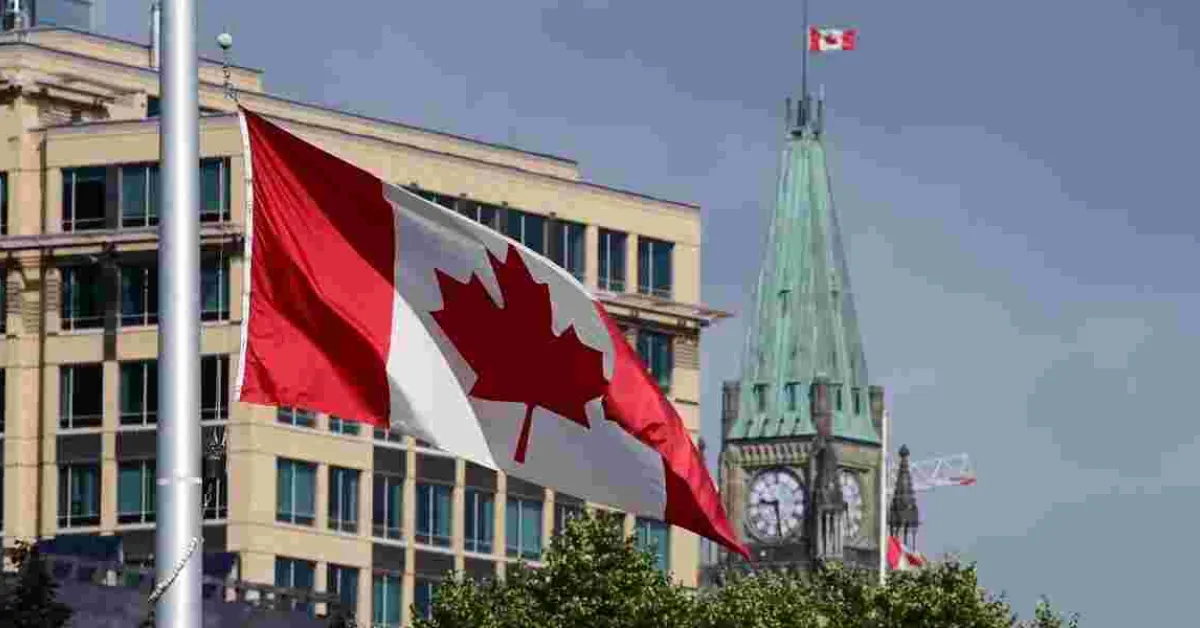Canada Tightens Immigration Policies Amidst Diplomatic Tensions with United States

Prime Minister Justin Trudeau has announced a significant rollback of Canada's migrant worker program.
This decision has been spurred by rising domestic backlash and intense pressure from the United States to curb the flow of migrant workers crossing the border. This initiative represents a notable shift within Trudeau's previous administration, which often portrayed Canada as a welcoming haven for migrants. The Financial Times reports that this change comes as US officials have expressed concerns about the influx of migrants into Canada, prompting a reexamination of one of the most permissive immigration policies worldwide.
Trudeau's decision to reduce the number of low-wage migrant workers that Canadian companies can hire by 10%-20% has drawn sharp criticism from various quarters. Conservative Party leader Pierre Poilievre has emerged as a prominent critic, accusing Trudeau of weakening Canada’s immigration framework and advocating for population growth to be capped. In the wake of this announcement, business leaders have raised alarms about potential labour shortages, arguing that the program has been integral to Canada’s post-pandemic economic recovery.
Advocates for migrant workers and labour rights have taken issue with the government's stance, asserting that it wrongfully blames temporary foreign workers for broader economic challenges. Raul Gatica from the Dignidad Migrante Society reinforces this sentiment, advocating for improved pay and working conditions rather than restrictions on migrant labour. Trudeau's rollback has ignited a heated debate among stakeholders about the balance between economic needs and social impacts. Critics of the migrant worker program have argued that the surge in foreign labour has contributed to escalating youth unemployment, increased housing costs, and added pressure on the healthcare system.
Kicking off discussions on the new regulations, Trudeau emphasizes the need for Canadian businesses to invest in innovation, training, and technology instead of relying on low-cost foreign workers. The temporary foreign worker program had initially been loosened in 2022 to address labour shortages following the COVID-19 pandemic. However, the spike in temporary foreign workers has prompted calls for more stringent controls, with the United Nations even asserting that the program can serve as a "breeding ground for contemporary forms of slavery." The criticism is rooted in the issues faced by workers such as closed work permits that restrict mobility and the lack of proper protections.
In light of this, Trudeau has signalled that further reforms may be necessary and hints at changes to the high-wage stream of the program that aims to maintain a pipeline of skilled labour in critical sectors while curbing low-wage hiring. Exceptions for industries such as healthcare, construction, and food security have been noted, where the demand for foreign labour continues to be pronounced. In the context of US immigration policy, President Joe Biden and Vice President Kamala Harris are similarly facing increasing pressure to tackle immigration-related challenges, with record-setting border crossings making the issue a top priority for American voters ahead of the November elections.














Add new comment